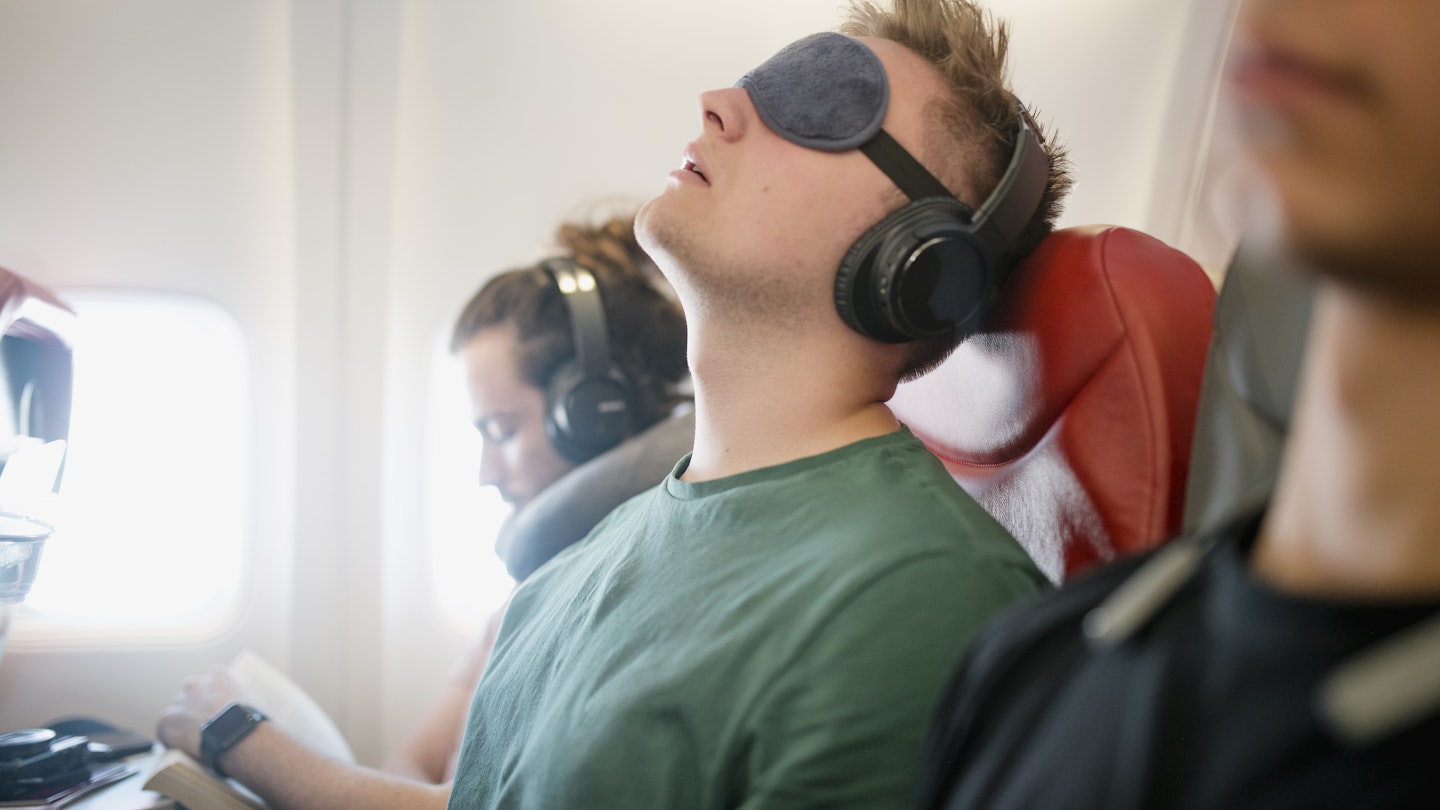Expert Tips for Sleeping Well While Traveling
Getting some shut-eye when traveling is a perennial problem for most, especially in the unfamiliar environment of a hotel. Consequently, time zone changes, jet lag, and strange noises can turn even good sleepers into insomniacs. Here are some expert tips to help you sleep better while on the road.
Embrace the Performance-Enhancing Nature of Sleep
Dr. Rebecca Robbins, a renowned sleep researcher and expert, emphasizes the importance of sleep. A staggering 50% of the global population suffers from insomnia, highlighting a significant sleep deprivation crisis.
- Sleep is the ultimate legal performance enhancer.
- Only two-thirds of adults in the developing world achieve the recommended 8 hours of sleep per night.
- Disrupted sleep can increase the risk of serious health issues, including cancer and heart disease.
“Sleep is a necessity, not a luxury,” Robbins states. Various factors contribute to our global restlessness, including daily activities, stress levels, and travel-related challenges.
Combat Jet Lag Effectively
Jet lag occurs when we travel too quickly for our brains to adjust. Many airlines, hotels, and airports are adopting strategies to alleviate this issue:
- Qantas passengers can utilize body clock intervention light therapy.
- Air Canada’s Boeing 737s feature mood-altering lighting systems.
- Hotels are enhancing their sleep services with features like dawn-simulator alarm clocks and soothing scent options.
Establishing control over your stress and sleep environment is essential, whether you’re at home or abroad.
Maintain a Consistent Sleep Routine
Consistency is vital when adjusting to a new environment. Adhering to regular sleep habits can significantly aid in combating travel-related insomnia:
- Adjust your sleep routine in the days leading up to your trip.
- Incorporate familiar items from home, like family photos and comfortable sleepwear.
Minimize Travel-Induced Stress
Quality sleep is often influenced by the mental state during sleep. Building mindfulness habits can greatly enhance your quality of rest:
- Practice deep breathing to relax your mind and body.
- Consider meditation techniques to maintain calmness.
Establishing regular morning routines can also help regulate your sleep patterns, fostering a better sleep experience.
Exercise for Enhanced Sleep
Research shows a strong correlation between regular exercise and sleep quality:
- Avoid intense workouts close to bedtime, as they may stimulate the nervous system.
- Incorporate relaxing stretches or yoga before sleep.
Furthermore, engaging in any form of exercise during the day can promote healthier sleep patterns.
Avoid Excessive Light Exposure
Reducing light exposure before bedtime can significantly improve your ability to sleep. Limit blue light from devices at least 90 minutes prior to sleep, and consider using blackout curtains or eye masks to create a conducive environment.
Mind Your Diet
Diet plays a crucial role in sleep quality:
- Avoid stimulants like caffeine and alcohol, especially close to bedtime.
- Consider having your biggest meal at lunchtime to promote better sleep.
Eating light meals a few hours before bed can signal your body to wind down.
Maintain a Quiet Environment
Noise levels can impact your sleep experience. Using earplugs or resorting to white noise machines can help mask disruptive sounds, allowing for a more restful night.
Temperature Effects on Sleep
Achieving the right room temperature (ideally 65-68 degrees) is essential for quality sleep:
- Utilize breathable sleepwear to regulate body temperature throughout the night.
Utilize Soothing Scents
Calming aromas can contribute to sleep quality. Consider using lavender scents through essential oils or diffusers to create a restful atmosphere.
Dr. Robbins’ Sleep Essentials
- Ear plugs
- Eye mask
- Comfortable sleepwear
- A familiar picture
- Relaxing scents
Top Sleep Apps
- White Noise Deep Sleep Sounds
- Timeshifter
- Insight Timer
- Sleep With Me
- Chronoshift




